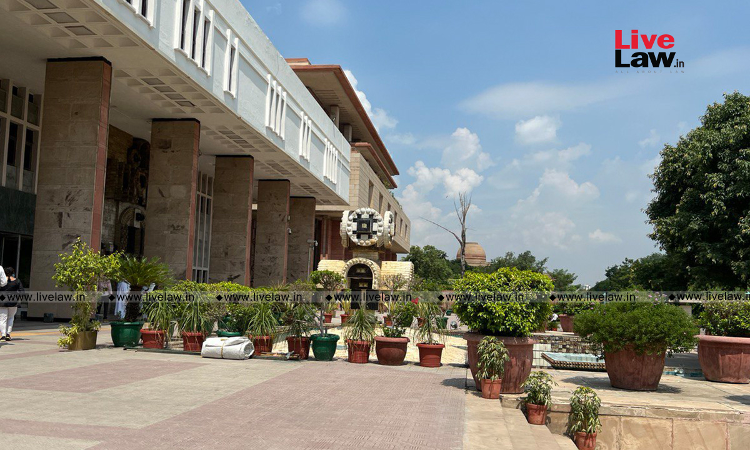The Delhi High Court has held that the assessee is entitled to a refund of unutilized CENVAT credit under the CENVAT Credit Rules, 2004 on account of the export of legal services under rule 5 of the CENVAT Credit Rules, 2004. The division bench of Justice Rajiv Shakdher and Justice Tara Vitasta Ganju observed that, as per Rule 5, as long as the service provider provides an output...

